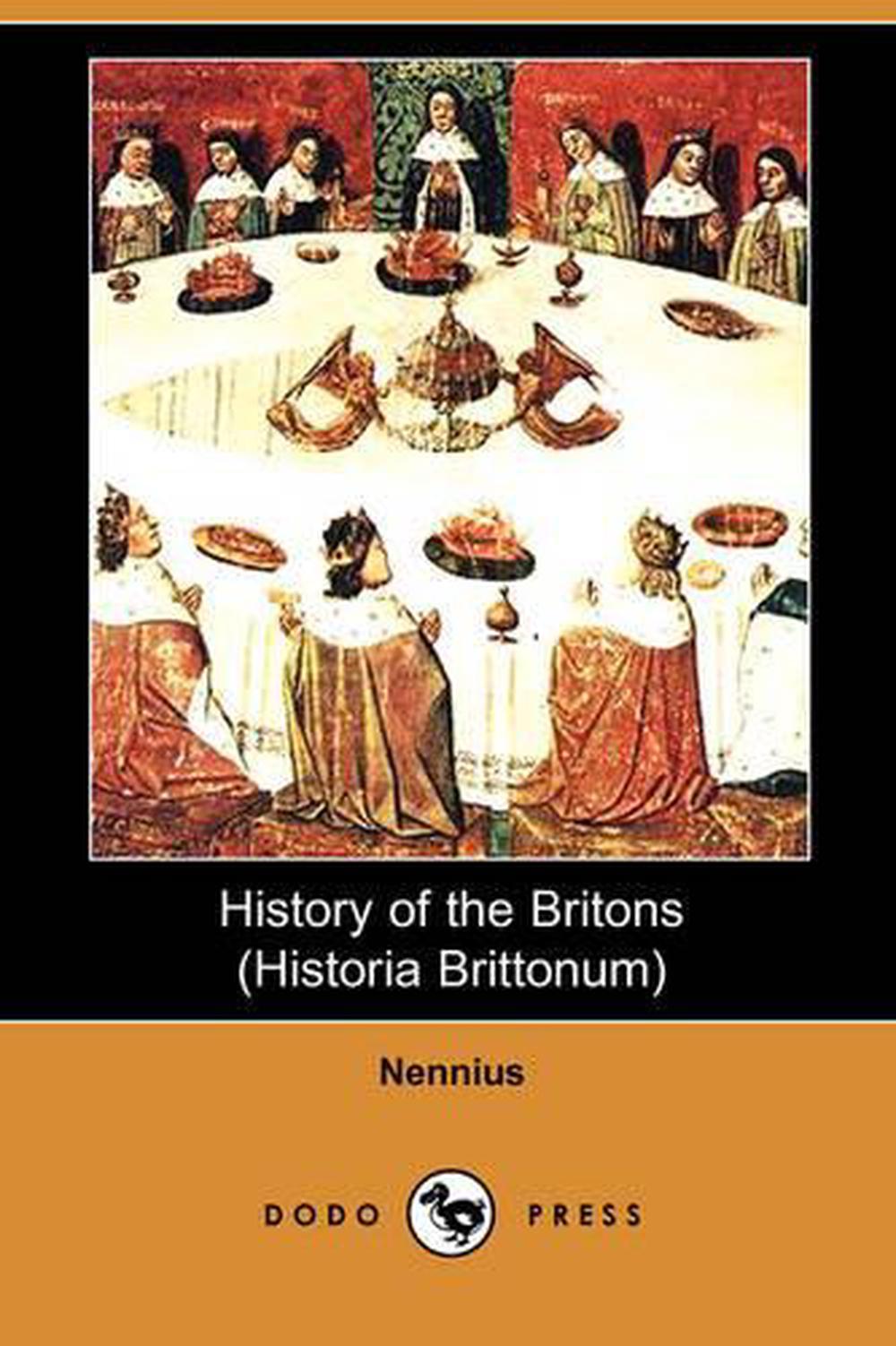

This may be the earliest recovered word of English. The first is when he describes the size of the initial party of Saxons, stating that they came in three cyulis (or "keels"), "as they call ships of war". Gildas adds several small details that suggest either he or his source received at least part of the story from the Anglo-Saxons. Gildas also does not consider Vortigern as bad he simply qualifies him as "unlucky" ( infaustus) and lacking judgement, which is understandable, as these mercenaries proved to be faithless. To the contrary, he is portrayed as being aided by or aiding a "Council", which may be a government based on the representatives of all the "cities" ( civitates) or a part thereof. He is termed a usurper ( tyrannus), but not solely responsible for inviting the Saxons. Gildas never addresses Vortigern as the king of Britain.

I.27) (13th century) calls him Gurthigerno. A (Avranches MS 162, 12th century), refers to Uortigerno and Mommsen's MS. Most editions published currently omit the name. It is not clear whether Gildas used the name Vortigern. Eventually the Saxons demanded that "their monthly allotments" be increased and, when their demands were eventually refused, broke their treaty and plundered the lands of the Romano-British.

This small group invited more of their countrymen to join them, and the colony grew. According to Gildas, apparently, a small group came at first and was settled "on the eastern side of the island, by the invitation of the unlucky usurper". In Chapter 23, he tells how "all the councillors, together with that proud usurper" made the mistake of inviting "the fierce and impious Saxons" to settle in Britain. The 6th-century cleric and historian Gildas wrote De Excidio et Conquestu Britanniae (English: On the Ruin and Conquest of Britain) in the first decades of the 6th century. He is cited at the beginning of the genealogy of the early Kings of Powys. Gildas later denigrated Vortigern for his misjudgement and also blamed him for the loss of Britain. It is said that he took refuge in North Wales, and that his grave was in Dyfed or the Llŷn Peninsula. He may have been the "superbus tyrannus" said to have invited Hengist and Horsa to aid him in fighting the Picts and the Scots, whereupon they revolted, killing his son in the process and forming the Kingdom of Kent. His existence is contested by scholars and information about him is obscure. Vortigern ( / ˈ v ɔːr t ɪ dʒ ɜːr n/ Old Welsh: Guorthigirn, Guorthegern Welsh: Gwrtheyrn Old English: Wyrtgeorn Old Breton: Gurdiern, Gurthiern Irish: Foirtchern Latin: Vortigernus, Vertigernus, Uuertigernus, etc.), also spelled Vortiger, Vortigan, Voertigern and Vortigen, was a 5th-century warlord in Britain, known perhaps as a king of the Britons or at least connoted as such in the writings of Bede and Gildas.


 0 kommentar(er)
0 kommentar(er)
